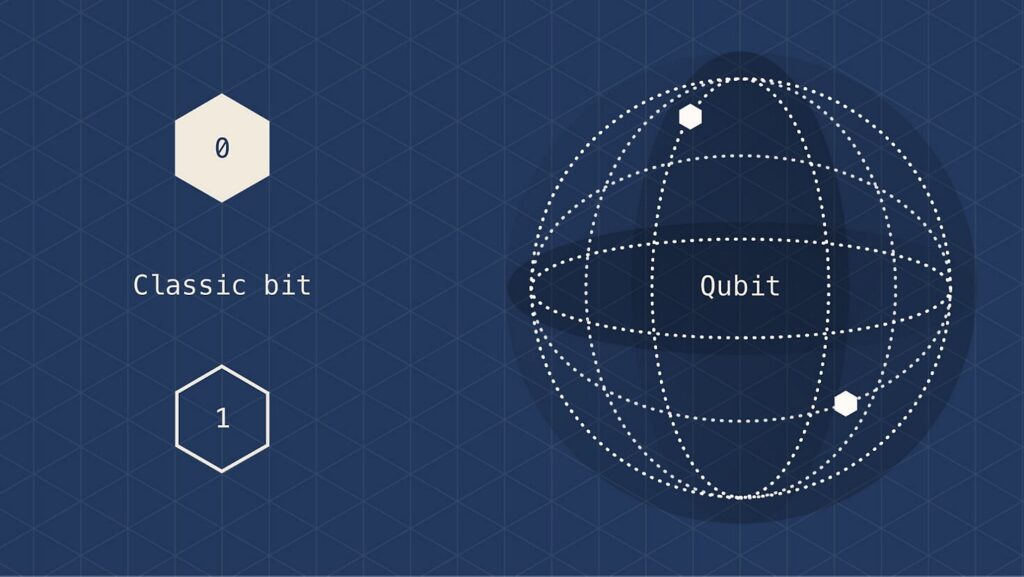(a) Cloud Services
(b) Quantum Computing
(c) Visible Light Communication Technologies
(d) Wireless Communication Technologies
Ans: b
Explanation:
What is quantum?
The quantum in “quantum computing” refers to the quantum mechanics that the system uses to calculate outputs. In physics, a quantum is the smallest possible discrete unit of any physical property. It usually refers to properties of atomic or subatomic particles, such as electrons, neutrinos, and photons.
What is a qubit?
A qubit is the basic unit of information in quantum computing. Qubits play a similar role in quantum computing as bits play in classical computing, but they behave very differently. Classical bits are binary and can hold only a position of 0 or 1, but qubits can hold a superposition of all possible states.
What is quantum computing?
Quantum computers harness the unique behavior of quantum physics—such as superposition, entanglement, and quantum interference—and apply it to computing. This introduces new concepts to traditional programming methods.
Qubit vs bit
Qubits are represented by a superposition of multiple possible states
A qubit uses the quantum mechanical phenomena of superposition to achieve a linear combination of two states. A classical binary bit can only represent a single binary value, such as 0 or 1, meaning that it can only be in one of two possible states. A qubit, however, can represent a 0, a 1, or any proportion of 0 and 1 in superposition of both states, with a certain probability of being a 0 and a certain probability of being a 1.
In superposition, quantum particles are a combination of all possible states. They fluctuate until they’re observed and measured. One way to picture the difference between binary position and superposition is to imagine a coin. Classical bits are measured by “flipping the coin” and getting heads or tails. However, if you were able to look at a coin and see both heads and tails at the same time, as well as every state in between, the coin would be in superposition.
Superposition gives quantum computers superior computing power

Superposition allows quantum algorithms to process information in a fraction of the time it would take even the fastest classical systems to solve certain problems.
- The amount of information a qubit system can represent grows exponentially. Information that 500 qubits can easily represent would not be possible with even more than 2^500 classical bits.
- It would take a classical computer millions of years to find the prime factors of a 2,048-bit number. Qubits could perform the calculation in just minutes.
Hence, option b is correct.


